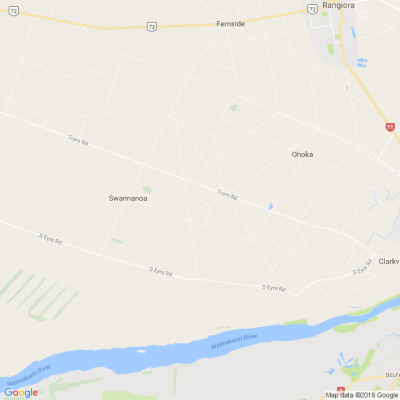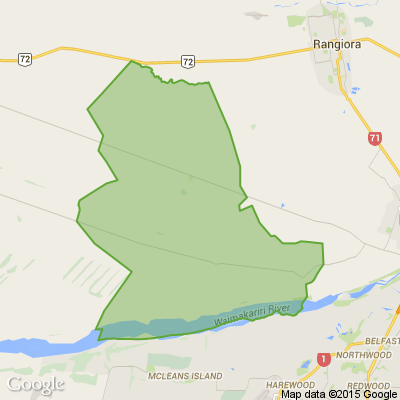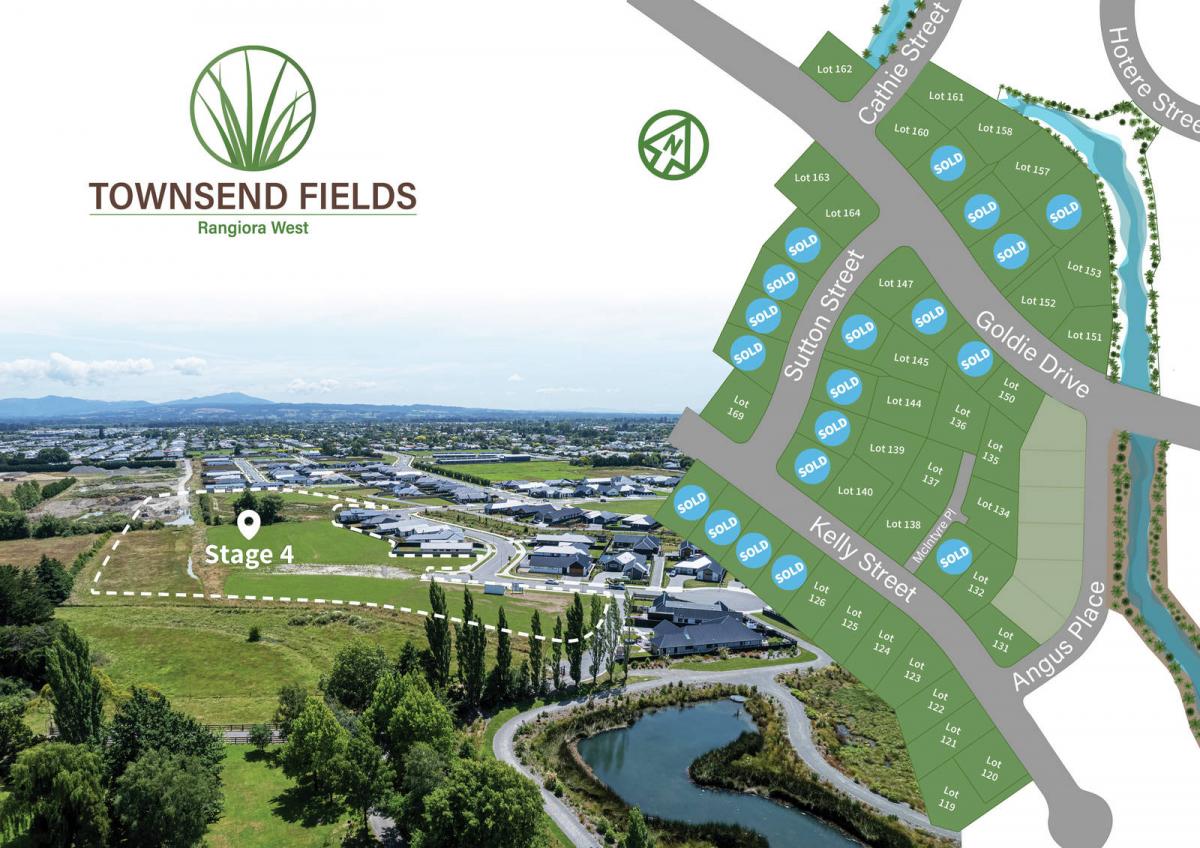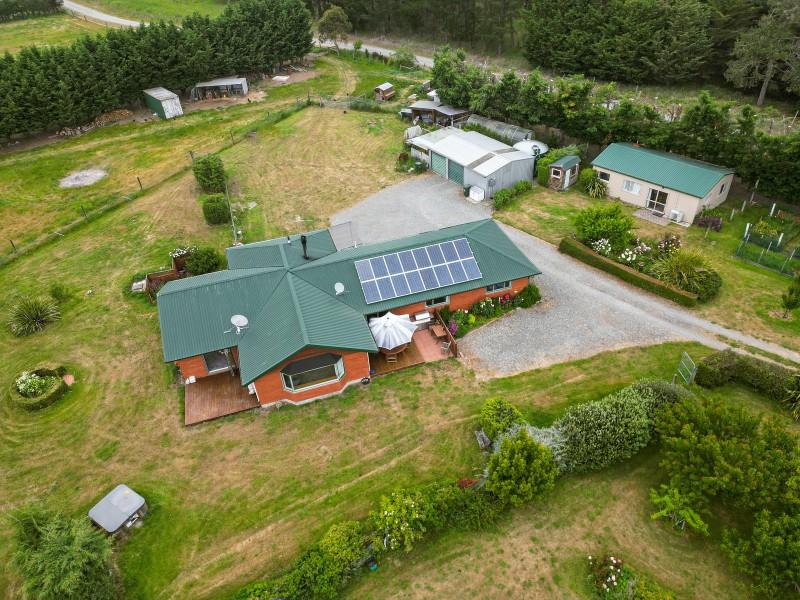Mayors call on National to keep promise to scrap Three Waters
By David Hill, Local Democracy Reporter
North Canterbury’s mayors are hopeful the incoming Government will stick to its promise to scrap the Three Waters reforms.
The Waimakariri, Hurunui and Kaikōura councils have been among the more vocal opponents of the Labour Government’s Affordable Waters legislation.
The legislation, which was revised earlier this year, proposed the creation of 10 entities to control the country’s Three Waters infrastructure, with the North Canterbury councils included in the Canterbury/West Coast entity.
The National and Act parties campaigned on a promise to repeal the legislation and replace it with a new proposal based on community ownership of water services.
"We look forward to the new Government swiftly repealing the outgoing Government’s legislation to honour that commitment," said Waimakariri mayor Dan Gordon, co-chairperson of the lobby group Communities for Local Democracy (C4LD).
"Both leading into the campaign, and during the campaign, they’ve been clear with Kiwis that this was their intention, and they have the electoral mandate now to get on with it and fix this flawed reform."
Gordon said reform was urgently needed, but central and local government needed to work together to ensure the best outcome.
Three Waters was suggested as a solution to the country's ageing water service infrastructure.
The legislation aimed to give the new water organisations greater financial flexibility to make infrastructure upgrades to improve the safety, reliability and affordability of water services.
An alternative model was presented by Gordon in November, alongside Auckland mayor Wayne Brown and Christchurch mayor Phil Mauger.
It would see the water regulator, Taumata Arowai, remain in place alongside local ownership.
Localised Regional Water Organisations (RWOs) were suggested as an alternative to the government’s proposed 10 entity model, which would be set up in partnership with Mana Whenua.
It was proposed the RWOs have access to investment capital through a new Water Infrastructure Fund, administered by central government’s Crown Infrastructure Partners.
The degree of any formal co-governance would be determined by local communities in consultation with mana whenua, rather than by central government, Gordon said.
Kaikōura mayor Craig Mackle said his preference was to join a North Canterbury RWO, which could include Kaikōura, Hurunui, Waimakariri, Christchurch and Selwyn.
Hurunui mayor Marie Black said her district had been concerned about the "loss of ownership" from early on.
"We look forward to progress being made on that commitment once the new Government is in place.
"There is a little bit of uncertainty at the moment and it will take a bit of time, but I have a high level of confidence because of the determination the parties expressed in the campaign."
She called on the new Government to work in "true partnership" with councils across the range of reforms, including the Resource Management Act reform and the future of local government.
Comment has been sought from Te Kura Taka Pini (the Ngāi Tahu freshwater group).
A Te Rūnanga o Ngāi Tahu spokesperson said the rūnanga is "apolitical" and works with the government of the day.
■ Public interest journalism funded through New Zealand on Air.
Best way to use leftovers?
I'm sure you've got some excess ham at home or cold roast potatoes.
What are some of your favourite ways to use leftover food from Christmas day? Share below.

⚠️ DOGS DIE IN HOT CARS. If you love them, don't leave them. ⚠️
It's a message we share time and time again, and this year, we're calling on you to help us spread that message further.
Did you know that calls to SPCA about dogs left inside hot cars made up a whopping 11% of all welfare calls last summer? This is a completely preventable issue, and one which is causing hundreds of dogs (often loved pets) to suffer.
Here are some quick facts to share with the dog owners in your life:
👉 The temperature inside a car can heat to over 50°C in less than 15 minutes.
👉 Parking in the shade and cracking windows does little to help on a warm day. Dogs rely on panting to keep cool, which they can't do in a hot car.
👉 This puts dogs at a high risk of heatstroke - a serious condition for dogs, with a mortality rate between 39%-50%.
👉 It is an offence under the Animal Welfare Act to leave a dog in a hot vehicle if they are showing signs of heat stress. You can be fined, and prosecuted.
SPCA has created downloadable resources to help you spread the message even further. Posters, a flyer, and a social media tile can be downloaded from our website here: www.spca.nz...
We encourage you to use these - and ask your local businesses to display the posters if they can. Flyers can be kept in your car and handed out as needed.
This is a community problem, and one we cannot solve alone. Help us to prevent more tragedies this summer by sharing this post.
On behalf of the animals - thank you ❤️









 Loading…
Loading…















